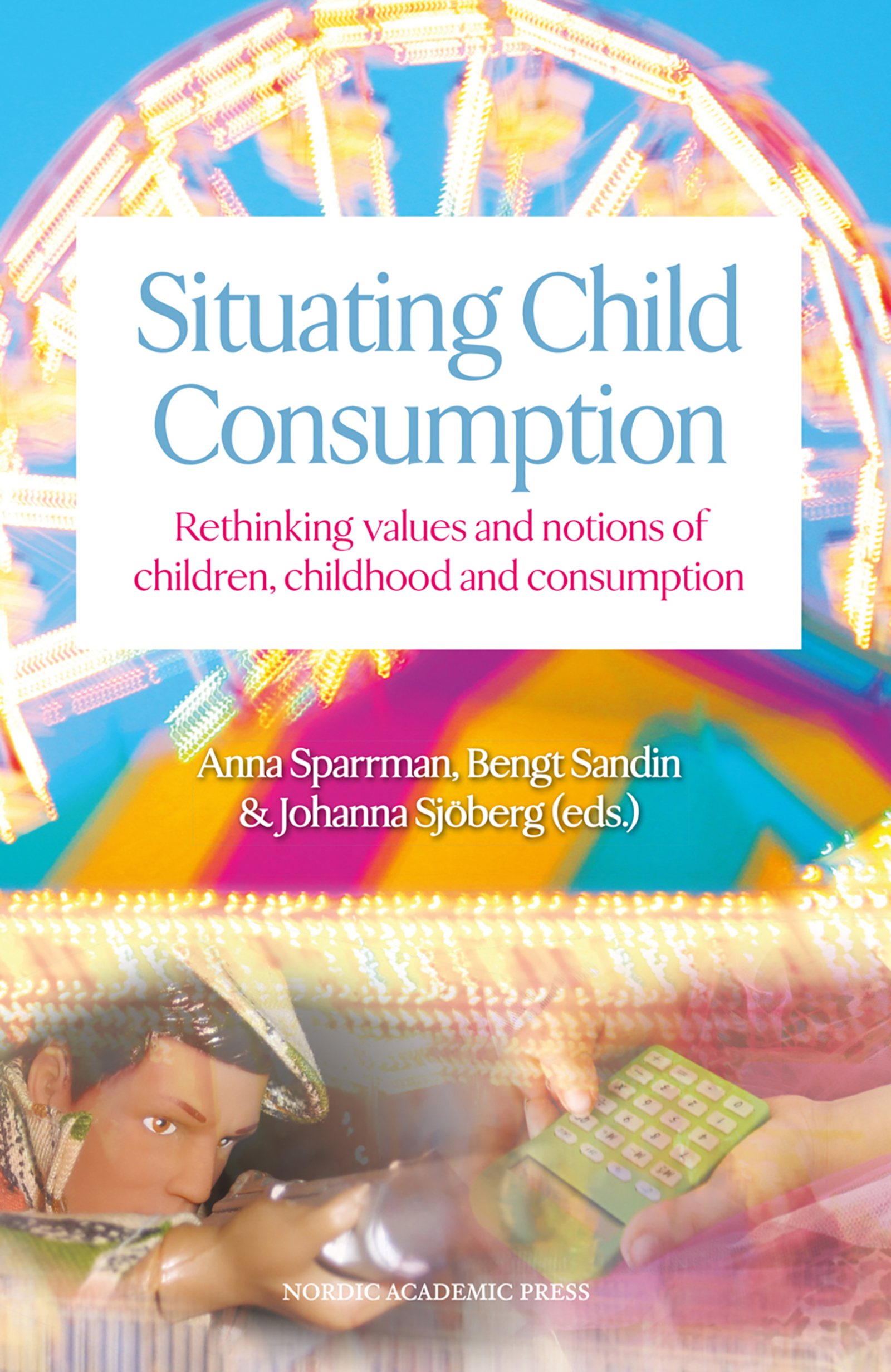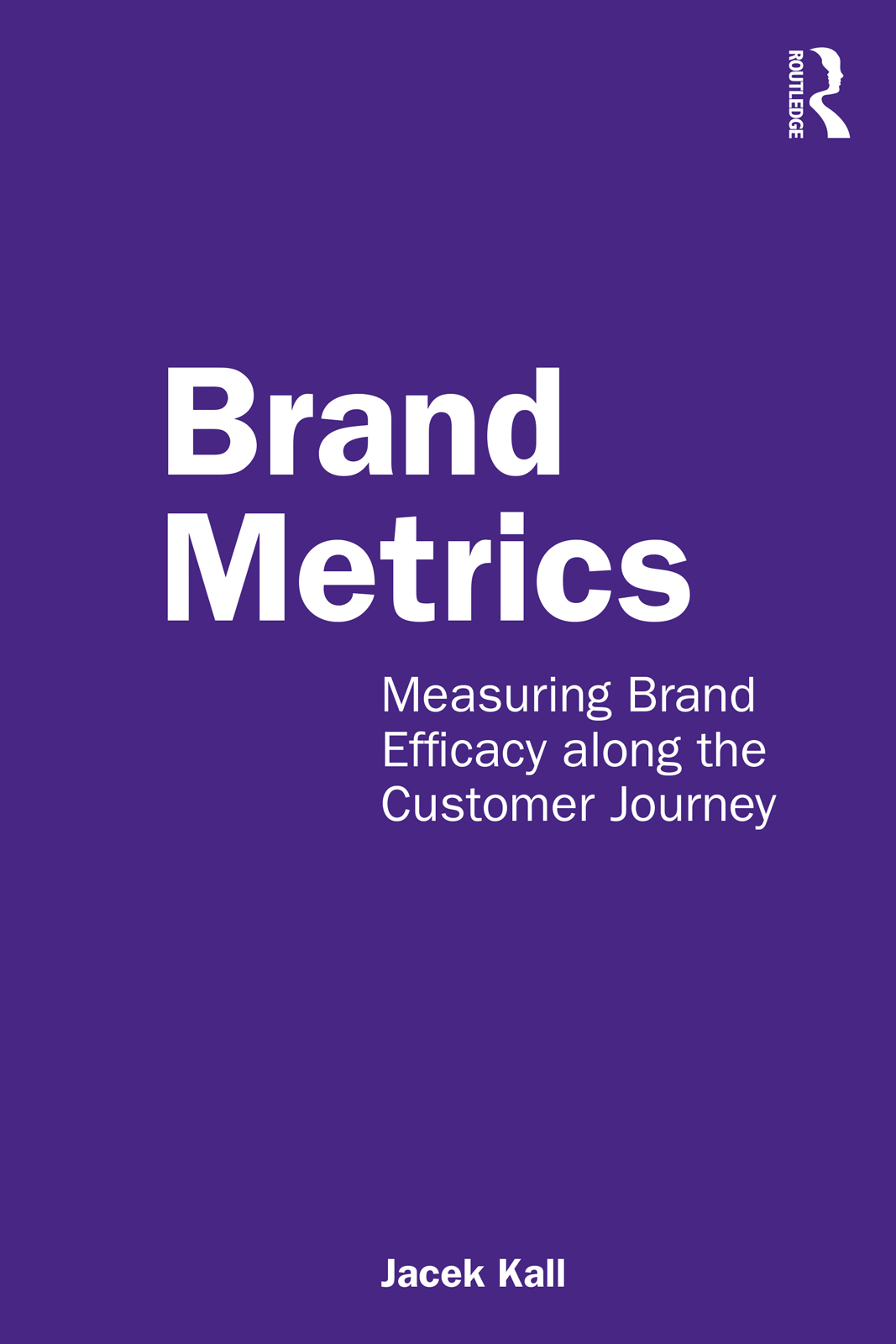Providing extensive examples of the conditions of children’s everyday consumption as well as how children themselves understand issues of work, money, scarcity, and consumer products, this book challenges the prevailing theories of consumption and opens up new ways of thinking about children. Arguing that consumption simultaneously reflects on the changing social role of children, family relations, market interaction, and state regulations, this account marries consumer studies with perspectives that emanate from the disciplines of childhood sociology and the history of childhood. With contributions from novice and established researchers, it generates consumer values no longer based on the idea of the naïve or competent child.












